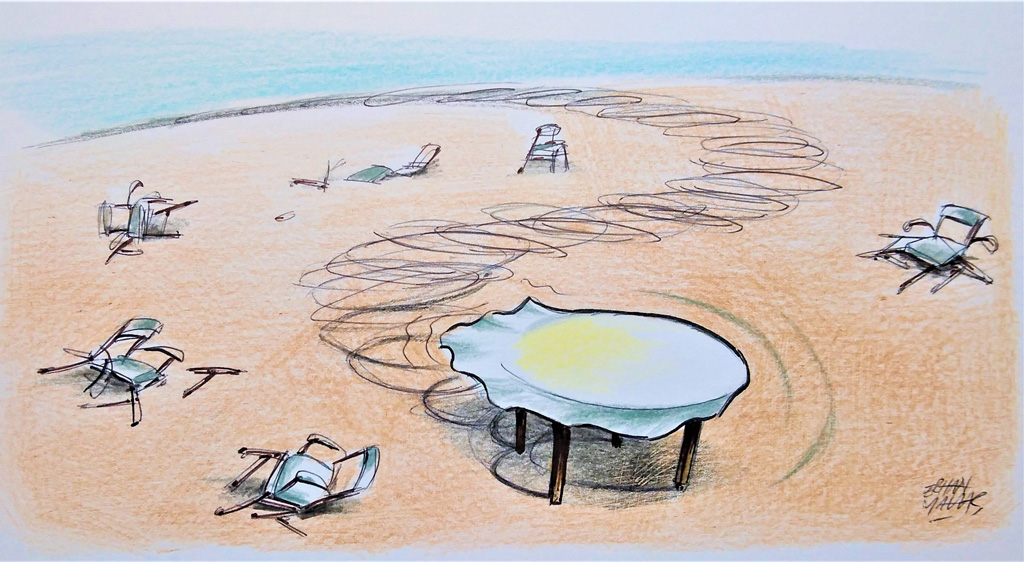
Akşener's uphill battle and the 'process' passion of table for six
Ironically, the level of difficulty increases as the Turkish opposition bloc's 'processes' become clearer
Share
The Good Party (IP) hosted the 11th "table for six" meeting on Thursday, where six opposition parties exchanged views on their roadmap, the government agenda and the selection of a joint presidential candidate. Hardly anyone expected the opposition bloc to announce its candidate. Instead, observers thought that the joint statement would relate to the various "processes."
Moreover, there was an ongoing debate over statements by Cihan Paçacı, a deputy chairperson of the IP, and his subsequent resignation.
Meanwhile, the Republican People’s Party (CHP) Chairperson Kemal Kılıçdaroğlu arrived at Thursday’s meeting with public endorsements from CHP-affiliated mayors.
That is why Paçacı’s emphasis on “the popular objection to Kılıçdaroğlu’s candidacy” (which hinted at his Alevi background) was widely viewed as a response to the main opposition party’s imposition.
It was not lost on anyone that the IP’s (now former) deputy chairperson warned that “the party councils are not prepared to approve (Kılıçdaroğlu’s candidacy)” and “the Good Party, too, may field its own candidate.” It remains to be seen whether Paçacı made that statement to strengthen Meral Akşener’s hand at the negotiating table, who hasn’t been able to gain the upper hand in negotiations thus far, or to merely reflect the opposition to Kılıçdaroğlu’s candidacy within the IP.
Either way, Meral Akşener, who leads the second largest and most ambitious right-wing party within the opposition bloc, remains unable to escape the "lose-lose" situation (which I discussed in previous columns). To make matters worse, she is being gradually reduced to the least influential politician around the "table for six."
The chairs of the Democracy and Progress Party (DEVA) and the Future Party (GP), who positioned themselves as the engineers of all processes, power-sharing agreements and written statements, are pretty close to secure their respective appointments as vice presidents with similar powers.
By contrast, the table’s only alternative proposal was Akşener’s idea of appointing a single vice president with prime ministerial authority. Having failed to receive the CHP’s endorsement for the mayors of Ankara and Istanbul or contest the election herself, would Akşener dare to field multiple candidates? Would she prove willing to face "neighborhood pressure" from the opposition circles?
It is no mere coincidence that Ümit Özdağ, a former IP executive, claimed (on the same day as the "table for six" meeting) that Akşener had told him: “We will elect (Recep Tayyip) Erdoğan as president. Do not ask me why.” Is it possible that the IP chairperson, who has been chasing her dream of serving as prime minister under the "augmented" parliamentary system, will have to settle for a "somewhat augmented" vice presidency alongside the other opposition leaders? That is, of course, provided that the opposition’s candidate wins the presidency.
Tags »
Related Articles







